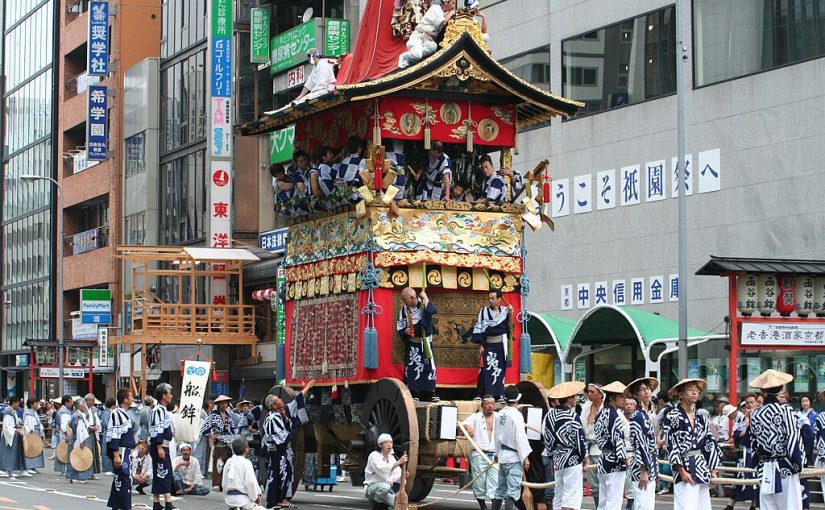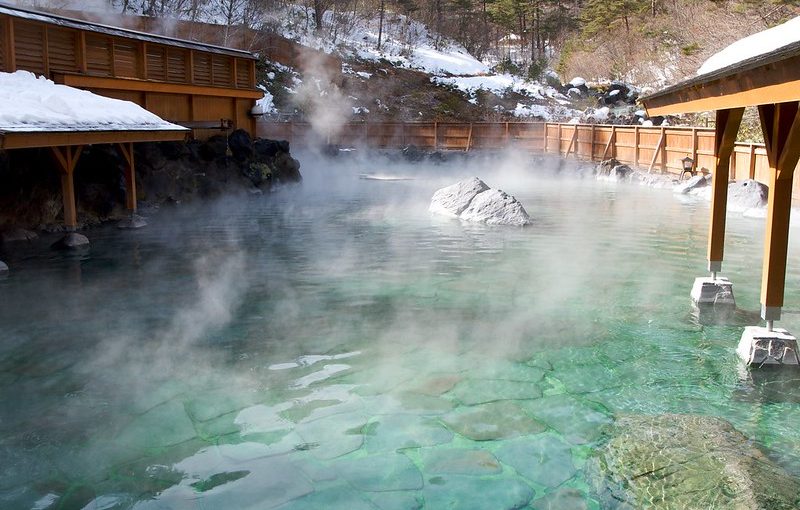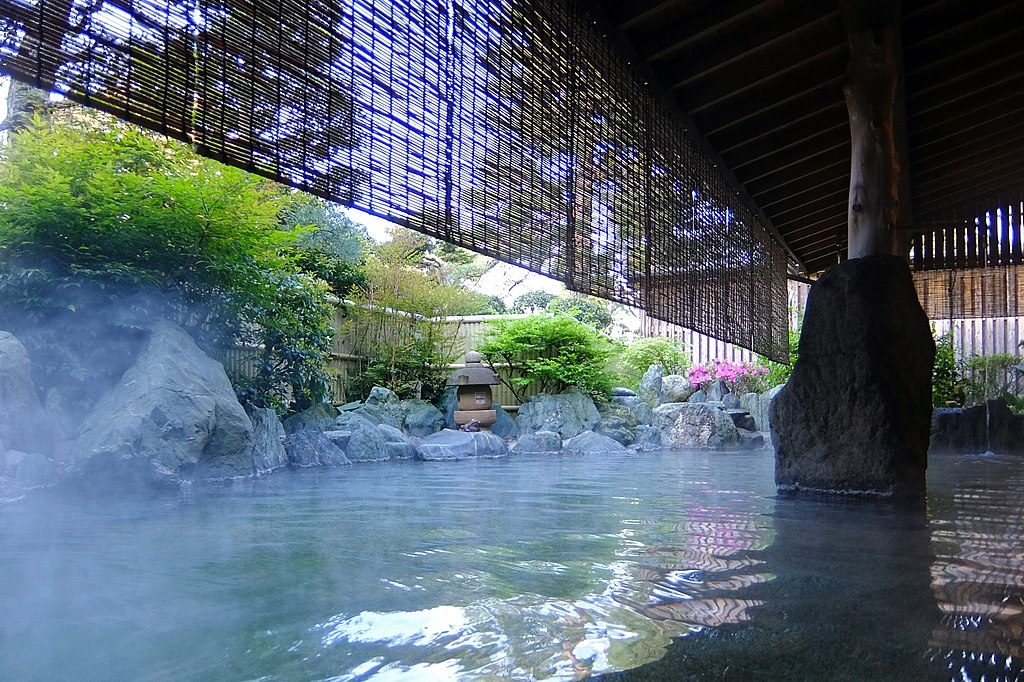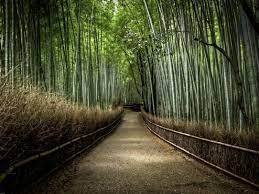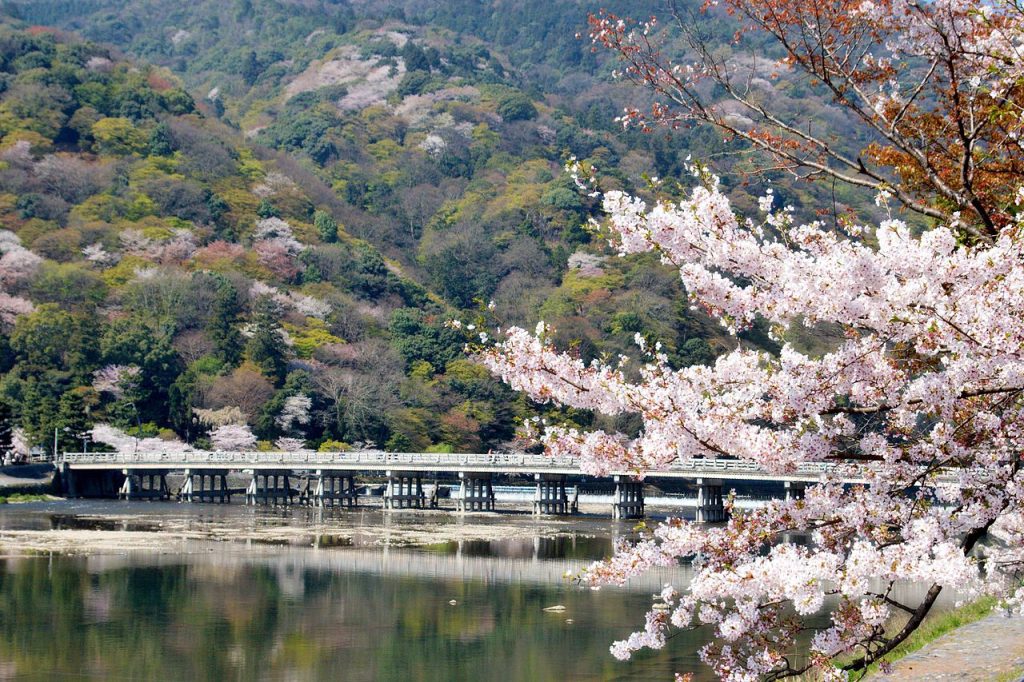Kyoto, the ancient capital of Japan, shimmers with a captivating allure year-round. But there’s something undeniably special about experiencing this destination in summer (from June to August). While the city experiences warmer temperatures, it offers a unique blend of cultural delights, outdoor escapes, and refreshing experiences that will leave you spellbound.
Find Tranquillity at Gardens and Parks
Escape the summer sun and find serenity amidst stunning parks and gardens. Step back in time as you stroll through the Ninomaru Garden at Nijo Castle close to Park Hotel Kyoto, wander around the sprawling Kyoto Botanical Gardens or explore the Kyoto Imperial Palace Park. For a change of scenery, head to the ethereal Arashiyama Bamboo Grove, where towering stalks of bamboo offer a spellbinding backdrop and welcome respite from the heat.
Witness the Grandeur of the Gion Festival
No summer in Kyoto is complete without experiencing the historic Gion Festival (or Gion Matsuri). This iconic festival, held annually at Yasaka Shrine, is one of the largest in Japan. The highlight is the magnificent procession of floats (Yamaboko Junko) on 17th July and 24th July. These ornately decorated floats, some towering to heights of up to 25 metres, are meticulously crafted and pulled through the streets. To fully immerse yourself in the festive atmosphere, consider basing yourself at 4-star hotels in Kyoto along Oike Street, which offers prime viewing spots for the parade.
Explore Museums and Gain Key Insights
When the summer heat intensifies, the city’s numerous museums offer a cool and enriching escape. Delve into a rich history at the Museum of Kyoto, enjoy traditional crafts at the Kyoto Museum of Crafts and Design and take in artistic creations at the National Museum of Modern Art, Kyoto. The Kyoto International Manga Museum is a haven for manga lovers, while the Samurai & Ninja Museum Kyoto even offers you an opportunity to dress up as a samurai warrior or learn the art of being a ninja!
Dine Beside the Kamogawa River
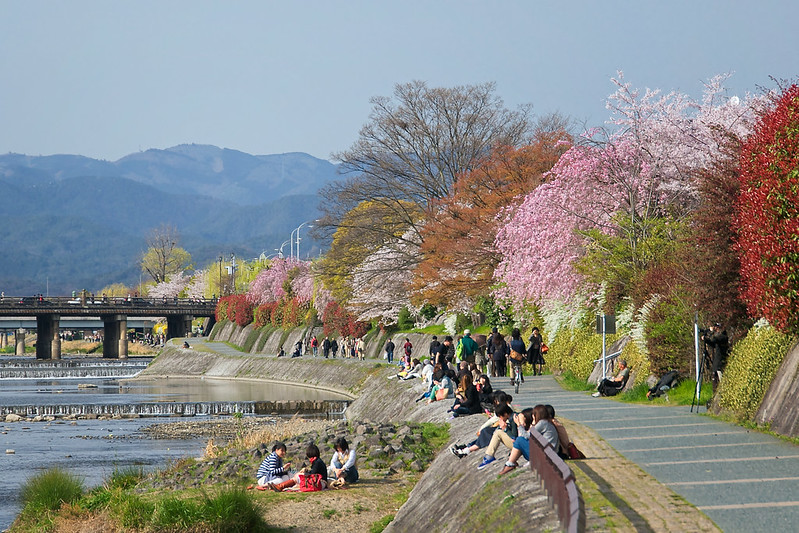
One of the most delightful summer experiences is dining along the banks of the Kamogawa River. Many restaurants here transform their outdoor spaces into “Kawayuka,” charming riverside terraces with a laidback ambience. Imagine sipping on refreshing beverages and indulging in delicious cuisine while enjoying the cool evening breeze and the gentle murmur of the flowing river. It’s the perfect way to unwind after a day of exploring and soak up the enchanting summer atmosphere of Kyoto.
